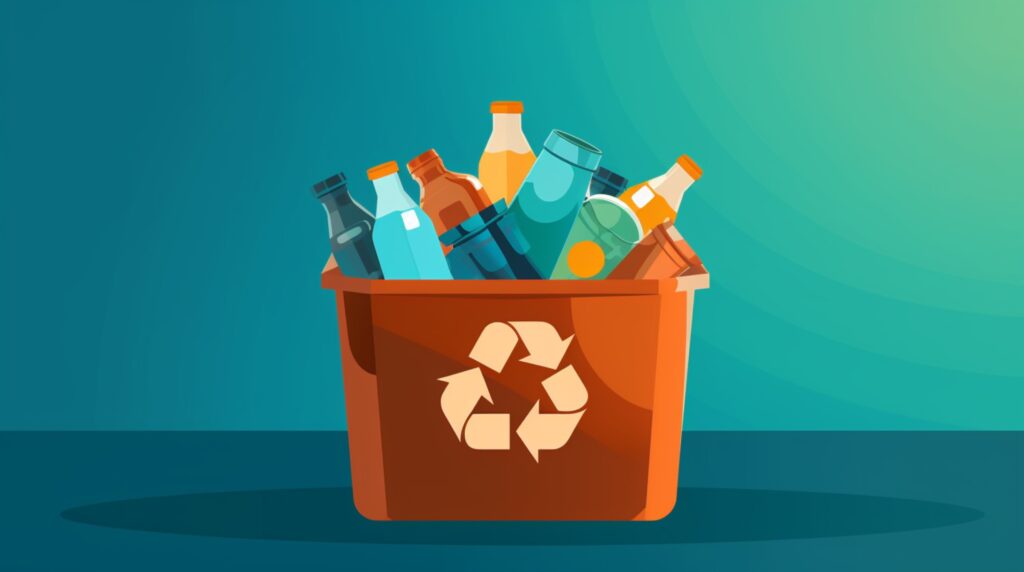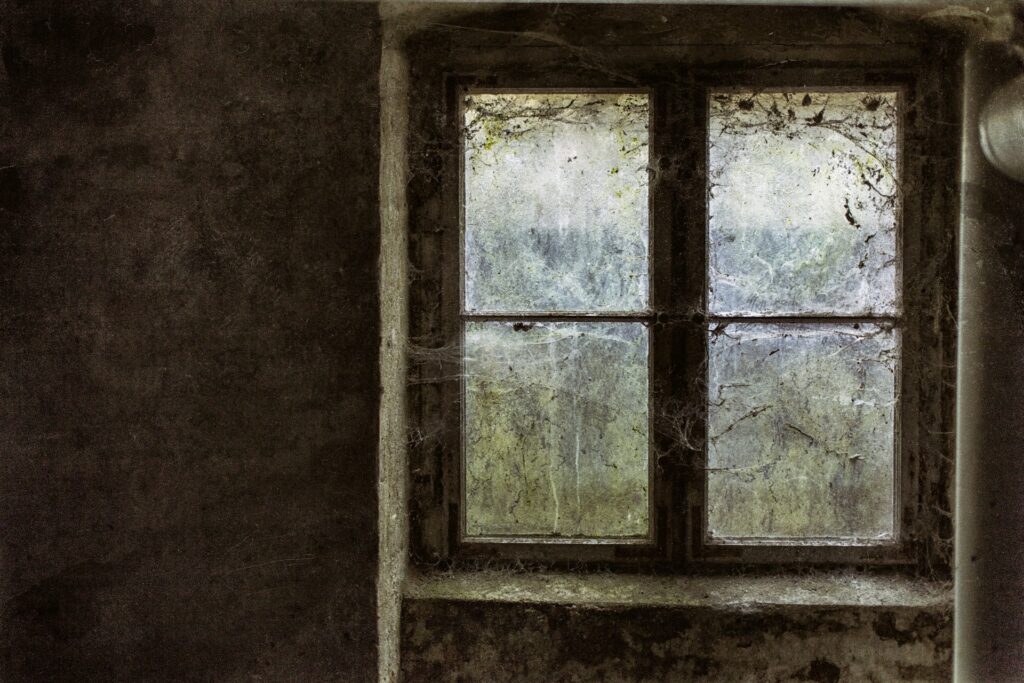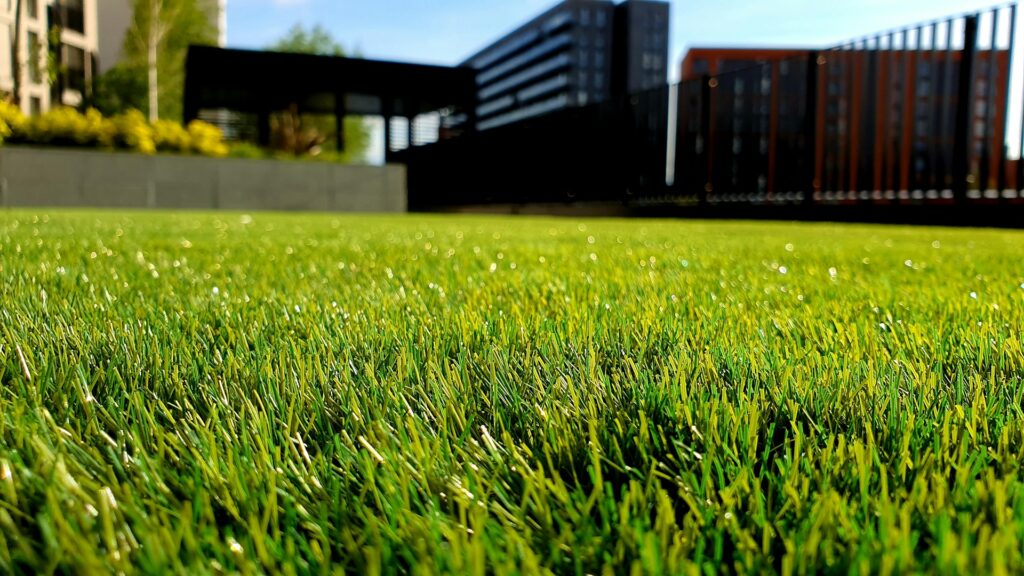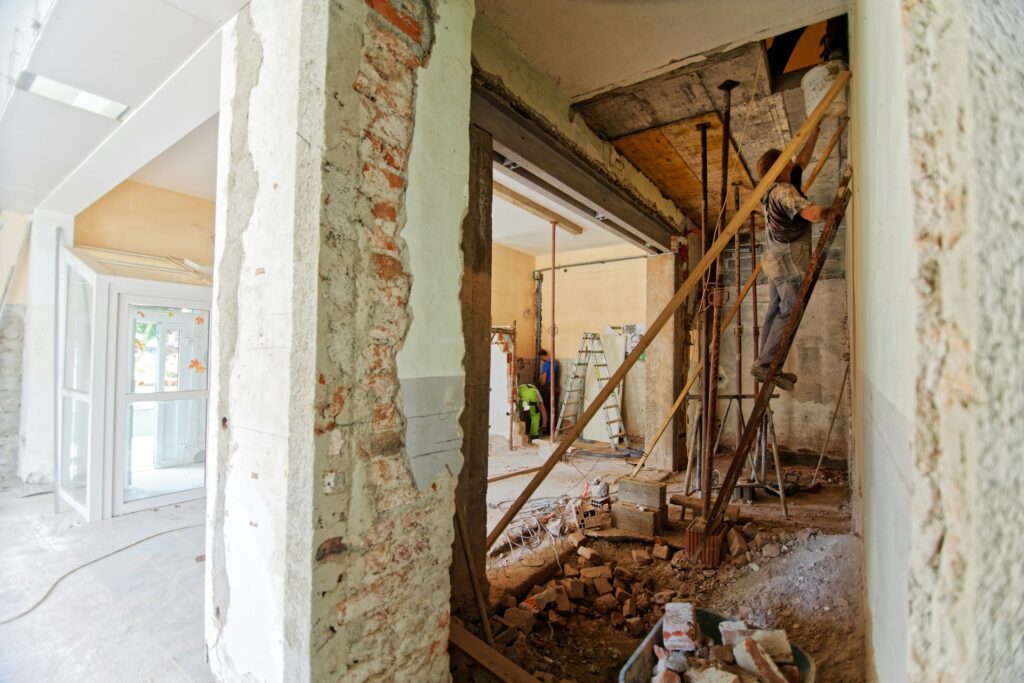
We are reader-supported. When you buy through links on our site, we may earn an affiliate commission.
Rust spells the end of a metal object. Its formation is spontaneous but slow and irreversible. Despite this, you can save the unaffected part of the material if you know how to remove rust from metal.
What Is Rust, and Why Is It Bad?
Rust is hydrated iron oxide — the result when iron, oxygen and water meet. This compound forms when you leave a metal object exposed to moist air. Its reddish-brown appearance distinguishes it from the other chemicals that can occur when iron interacts with the atmosphere. Saltwater is more corrosive than freshwater, so rust occurs more quickly in coastal environments.
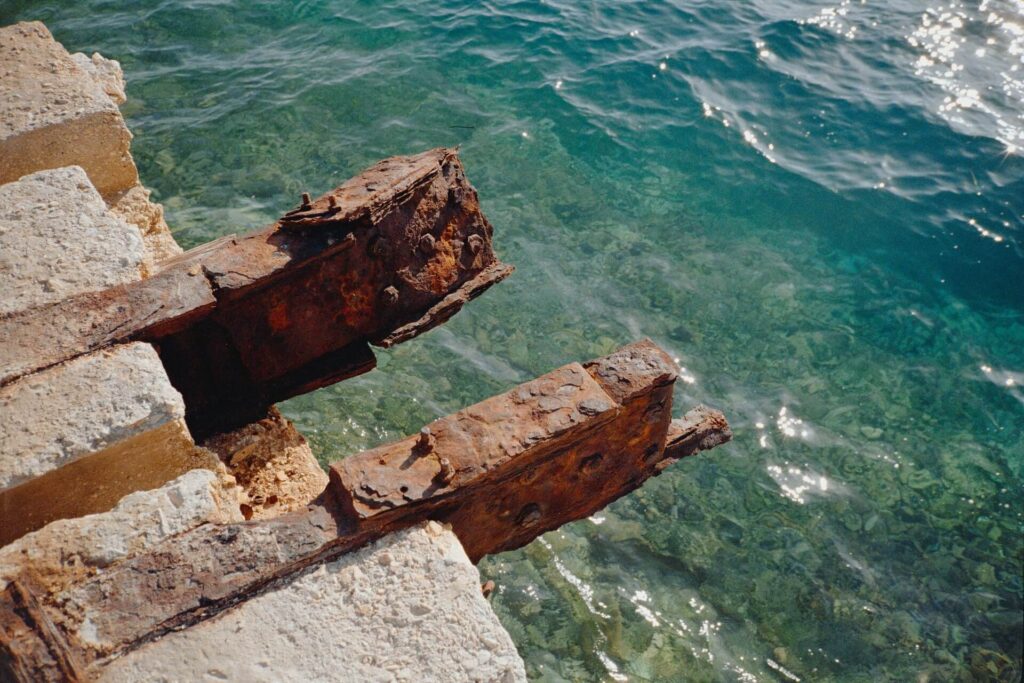
Metal rusting is terrible news. It transforms a strong material into a flaky powder. Rust is progressive, brittle and fragile. It starts on the surfaces and slowly finds its way into the rest of the metal. It eats away the durable material as it expands, compromising the object’s strength and safety.
Moreover, corrosion begets friction, causing metal objects to stick instead of smoothly sliding over one another. Rusted sheet metal develops holes that jeopardize its integrity. Rust damage also weakens magnets. Ferromagnetic materials can lose their strong magnetism due to significant corrosion.
Rust is an excellent insulator — and, by definition, a poor electrical conductor. If an electrical connection occurs within a rusty material, it’s likely to fail.
What Metal Doesn’t Rust?
Unlike ferrous metals — iron and its alloys like steel — non-ferrous metals don’t rust. Examples are aluminum, copper, zinc, tin, bronze and brass. These materials corrode but tend to be more corrosion-resistant because they have no iron content.
For instance, copper oxide forms when oxygen molecules mix with copper atoms. Unlike rust, this compound is immune to disintegration, stays on the material’s surface, and becomes copper carbonate when it thickens with time. The result is a patina — a blue-green coating that protects the unexposed metal underneath from tarnish and gives it character.
Copper’s patina is why the Statue of Liberty has gone from shiny brown to timeless blue-green over the past 140 years.

Ferrous materials can never be rustproof, but you can make them less corrosion-prone. Stainless steel is a terrific case in point.
Stainless steel stays intact despite constant exposure to moisture because its coating forms chromium oxide — a protective layer shielding iron from air and water. However, it doesn’t last forever and only delays the inevitable.
How to Remove Rust From Metal
Rust is unstoppable, but you can remove it to disrupt corrosion and mitigate its adverse effects on iron-containing items. With these six tips, learn how to remove rust from metal without using chemicals or power tools.
Sprinkle Baking Soda
Baking soda is an effective rust remover because of its abrasiveness and alkalinity. It can work wonders on thin metal, baking pans and objects with light rust rings.
Rinse your rusty item to get started. Shake it dry because you want it damp so the baking soda can stick and form a paste. Put the ingredient directly on your metal object until you cover all rusted areas.
After an hour, use a metal brush, a scouring pad or a steel wool to work away the rust. It may take vigorous polishing, but it works like a charm. Once the rust is gone, wash the item and dry it with a towel.
Create a Citric Acid Bath
This compound from citrus fruits, such as lemon, lime and orange, can dislodge and dissolve rust with its chelation properties and acidity.
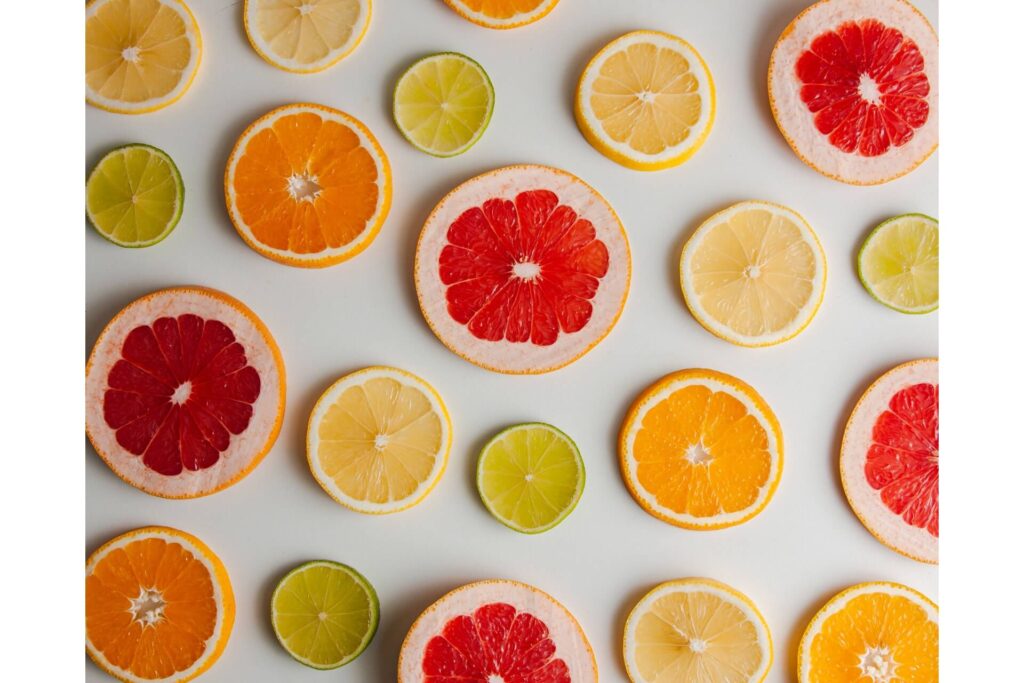
If you don’t have it at home, you can extract it from the fruit — a complicated process — or buy a bottle online or from your local supermarket.
Once you have citric acid, mix two to three tablespoons of it with a few inches of hot water in a bowl. This solution is potent enough to remove iron oxide without too much scrubbing. Just soak your item in it for a couple of hours, reducing rust to a few flecks you can easily scrape off. Remember to rinse your metal object and pat it dry.
Mix Salt and Lemon
Salt can chip away at rust using abrasive action and oxidation reaction. Combining this home remedy with the rust-removing prowess — not to mention the fresh scent — of lemon’s citric acid makes it even more effective, especially on rusty kitchen knives.
Put a layer of salt on your rusty item and squeeze a lemon — or lime — over it. After 30 minutes, use the rind to scrub iron oxide off. If you don’t remove all the rust in your first attempt, repeat the process, but let it sit for an hour or two for another time. Once your metal item is corrosion-free, rinse it and towel dry.
Soak in Vinegar
As an acetic acid, vinegar can dissolve rust through neutralization. It can make a dent in significant rust stains on tools and steel items. The key is to submerge your rust-ridden item overnight. You can effortlessly scrape off stubborn iron oxide the following day.
If your metal object is too large or bulky to soak thoroughly, wrap its rusty parts with rags dripping in white vinegar instead.
Scrape With Potato and Dish Soap
Potato is a splendid alternative to scouring pads for minor surface rust stains. Cut this pantry staple in half and apply dish soap — baking soda, vinegar and lemon juice work just as well — to the open side. Watch it work its magic as you scrub it on rusted areas.
Scrub With Aluminum Foil
This home remedy attracts oxygen molecules to itself, allowing it to dissolve rust chemically. It outperforms steel wools and scouring pads as a scrubber — a superior option to minimize elbow grease.
Wet the aluminum foil with water or vinegar. Gently rub it against rusted areas until you see no iron oxide anymore. Dip it in the liquid when it dries, or pull a fresh sheet when it gets damaged.
Master Natural Rust Removal
Every metal object eventually reaches the end of its service life, but it’s better to wear out than to rust out. With these tips, now you know how to remove rust from metal with amazing natural remedies and make iron-containing items last longer.



